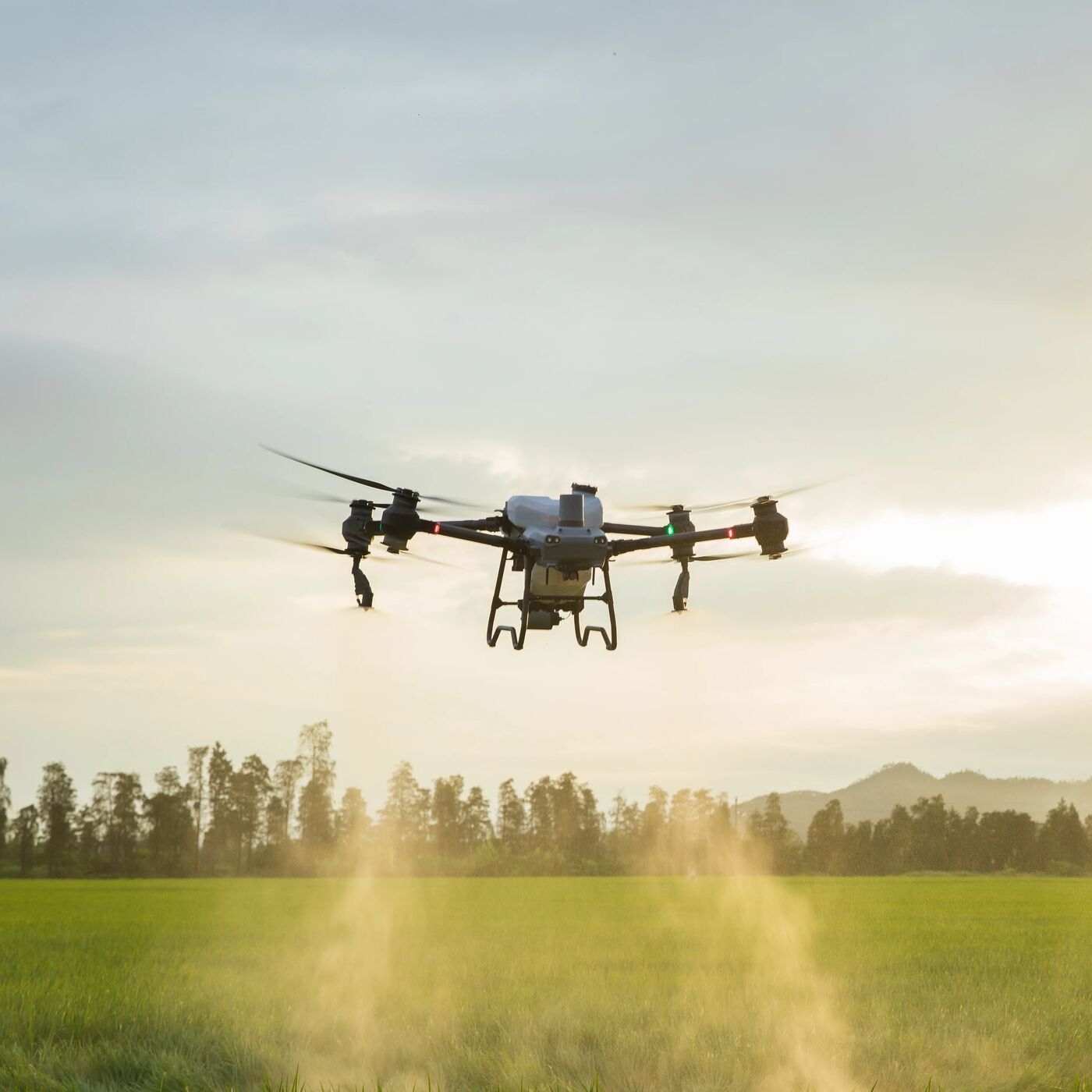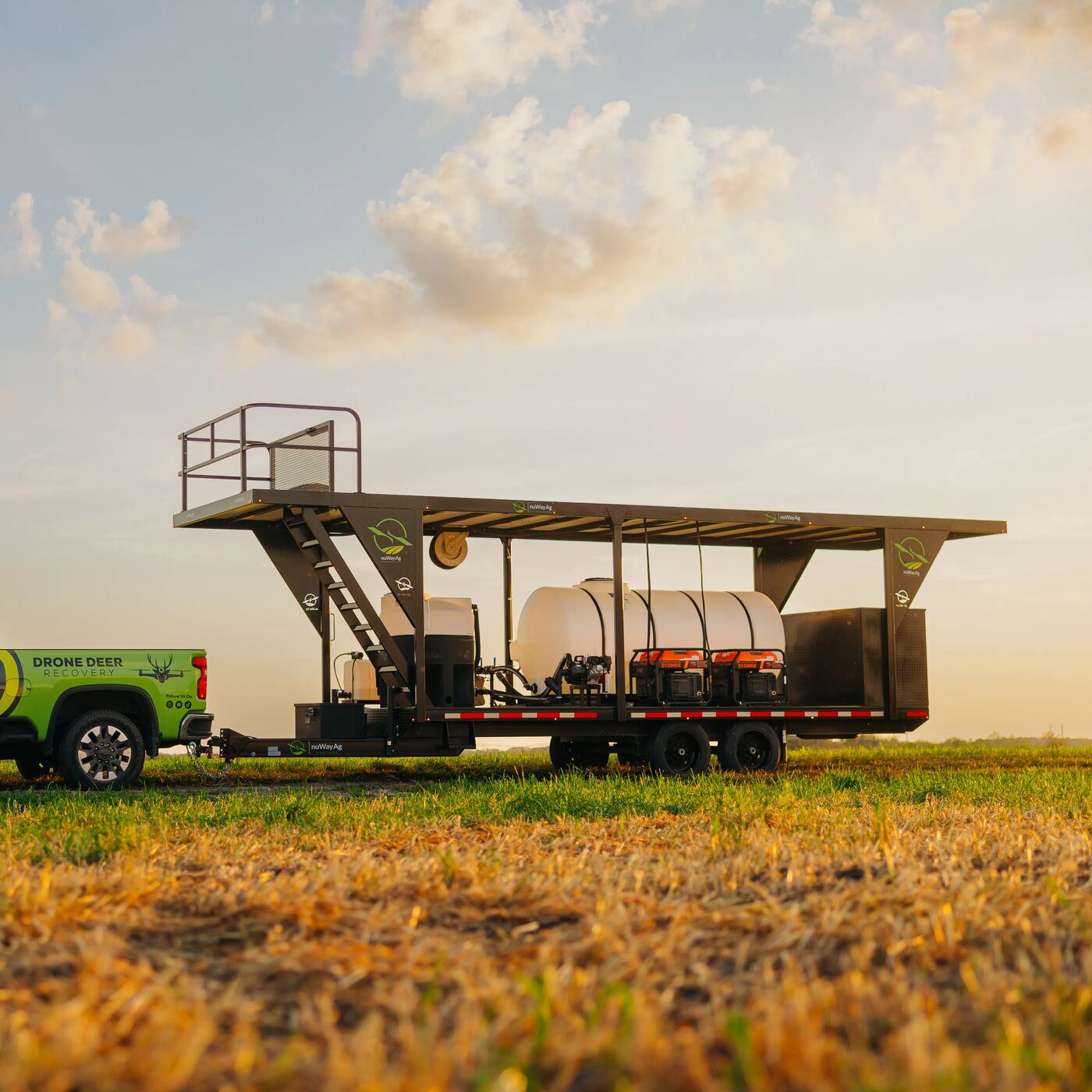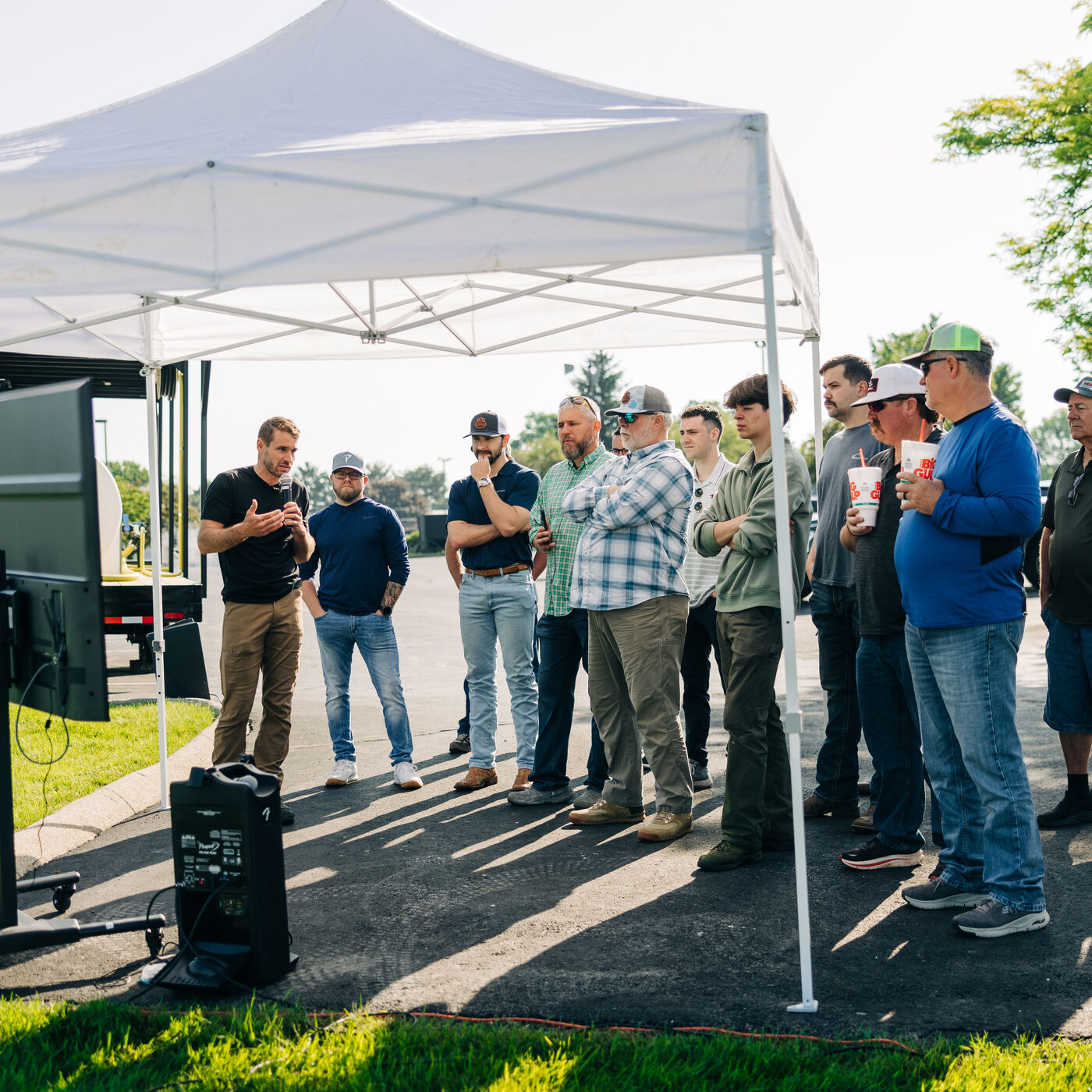Up to 700 Acres a day
With 2 Drone Setup
75% Less Water Usage
Compared to a crop duster
35% More Absorption
Compared to a crop duster
Use the map below to find a spray drone pilot in Georgia
Pilot Map Under Construction
We're building something awesome. Check back soon!
We make getting your crops sprayed in GA Easy
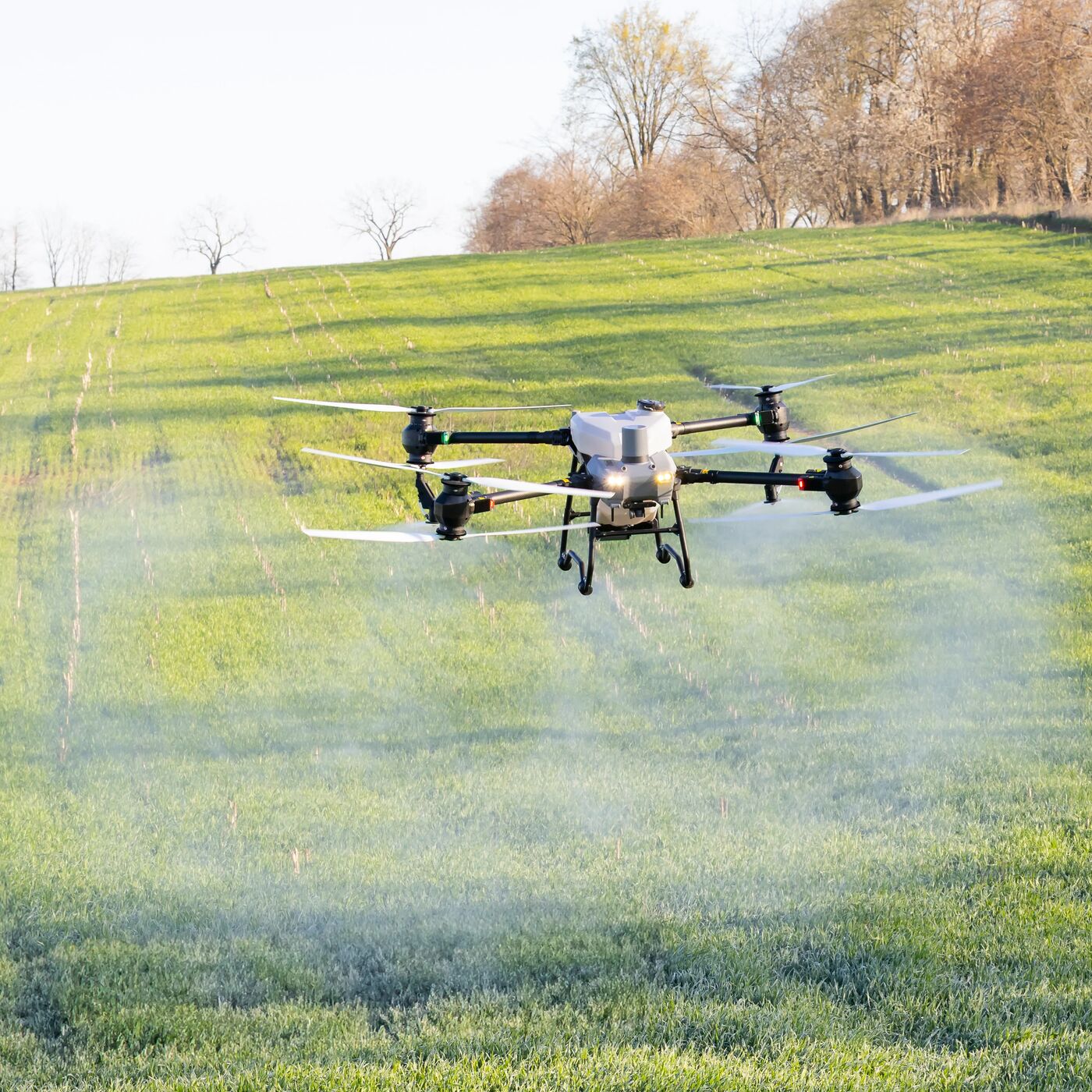
The nuWay Guarantee
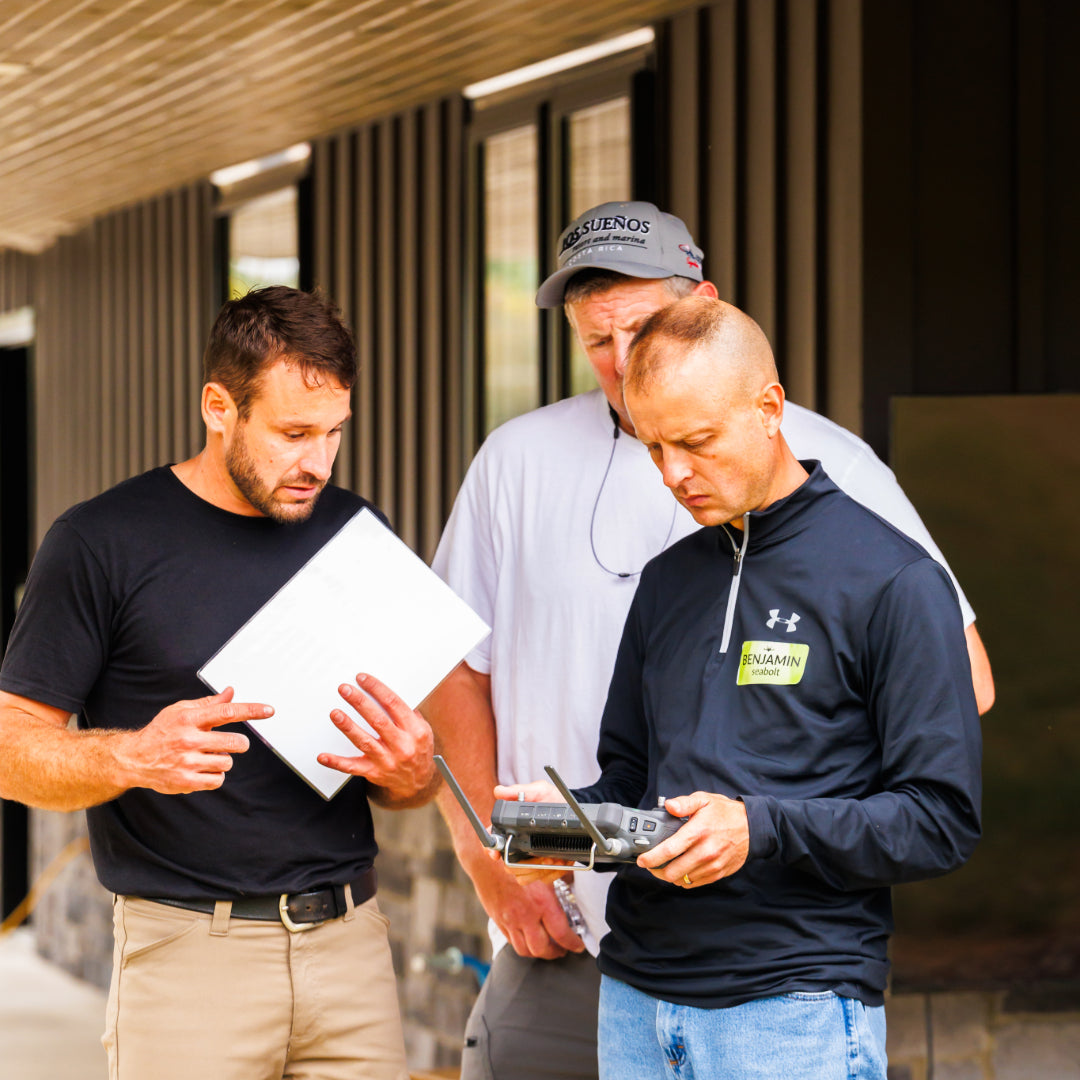
Comercially Licensed
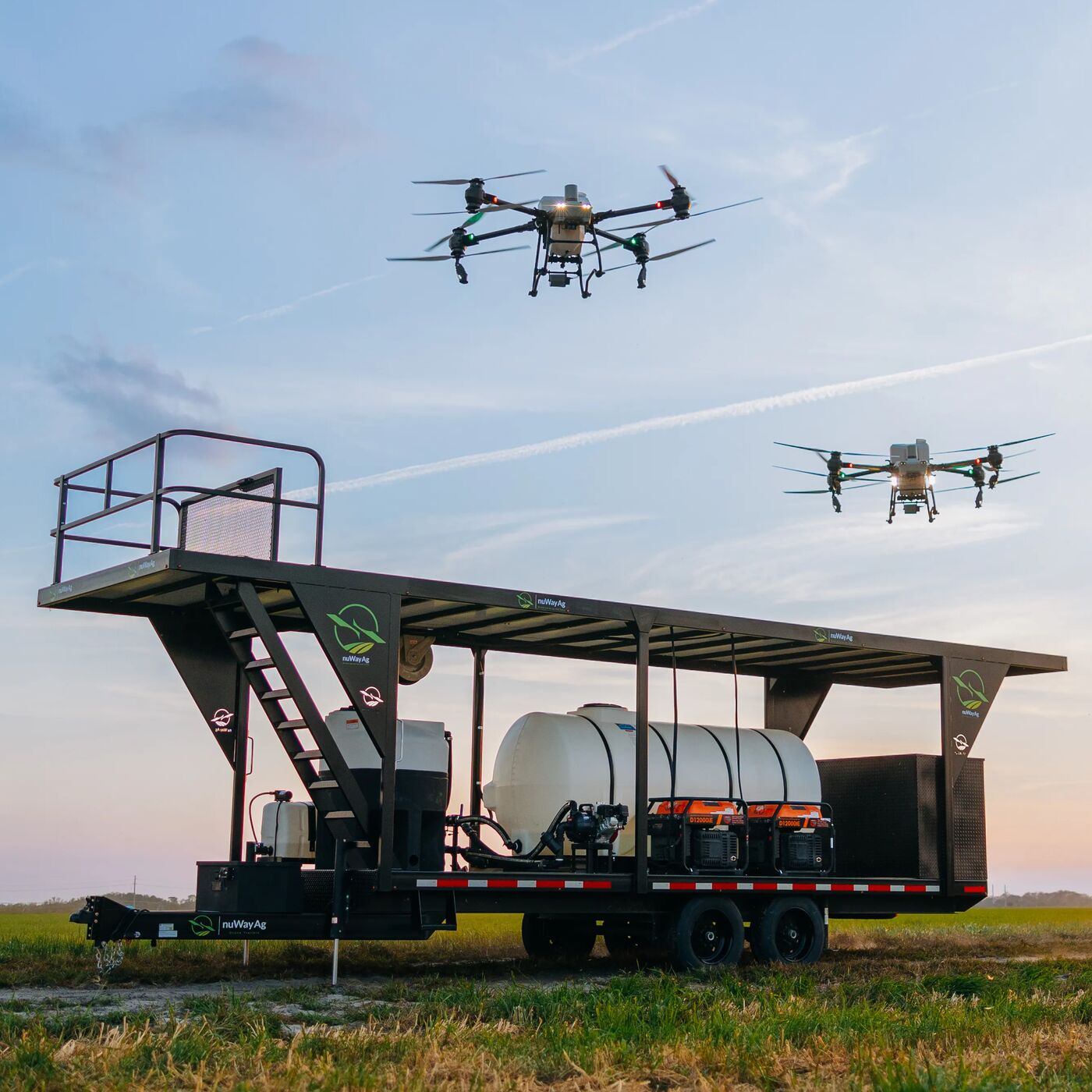
Best Equipment

Verified Reviews
Already an Ag pilot in Georgia?
Placeholder
Why Agricutural Drone spraying over Crop Dusting or Ground Spraying in Georgia?
Drone spraying is one of the fastest-evolving technologies in agriculture. From small farms to large-scale operations, it’s changing how we apply crop protection and fertilizers with precision, speed, and efficiency. While crop dusters and ground sprayers have been staples for decades, drones are pushing the boundaries with less waste, lower drift, and smarter coverage. This isn’t the future, it’s happening right
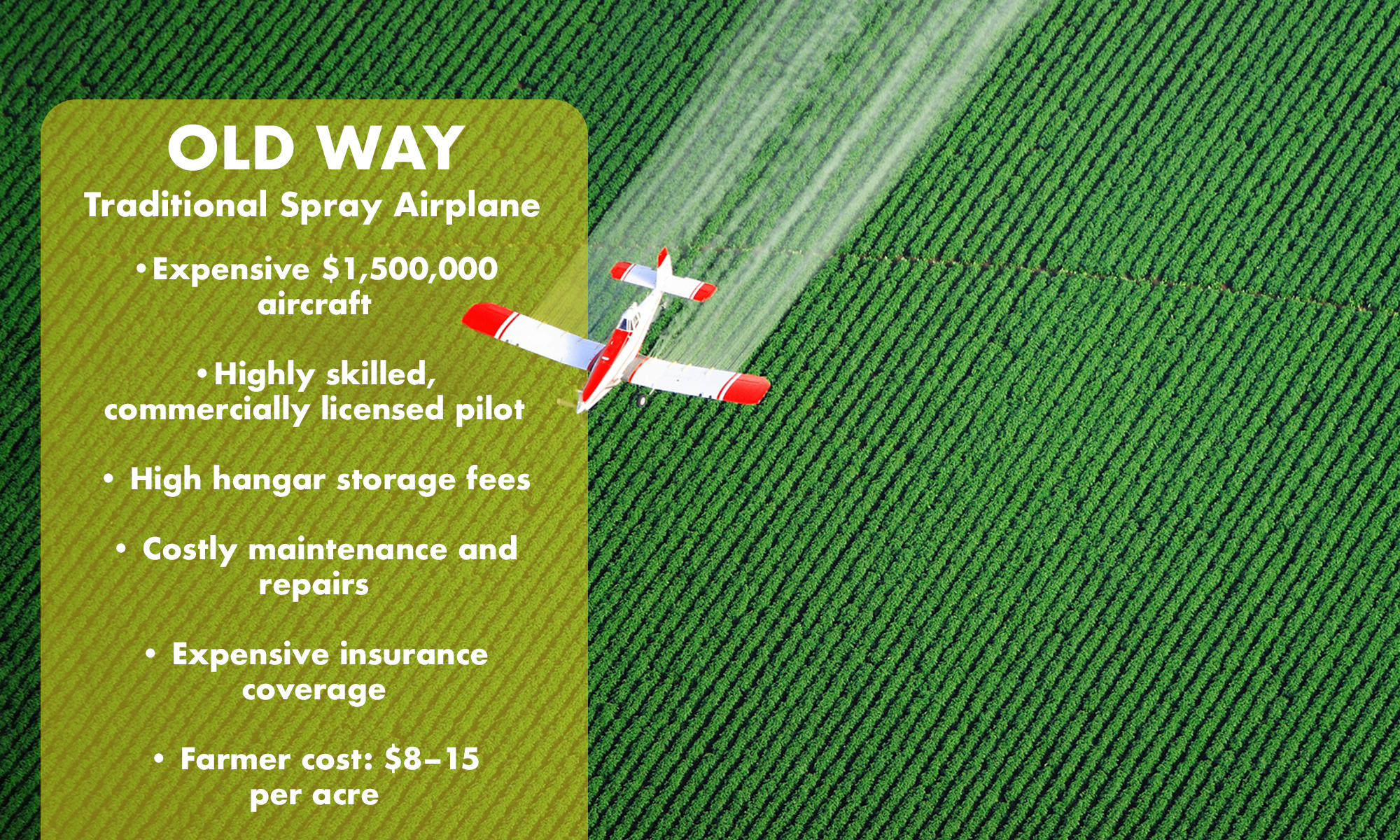
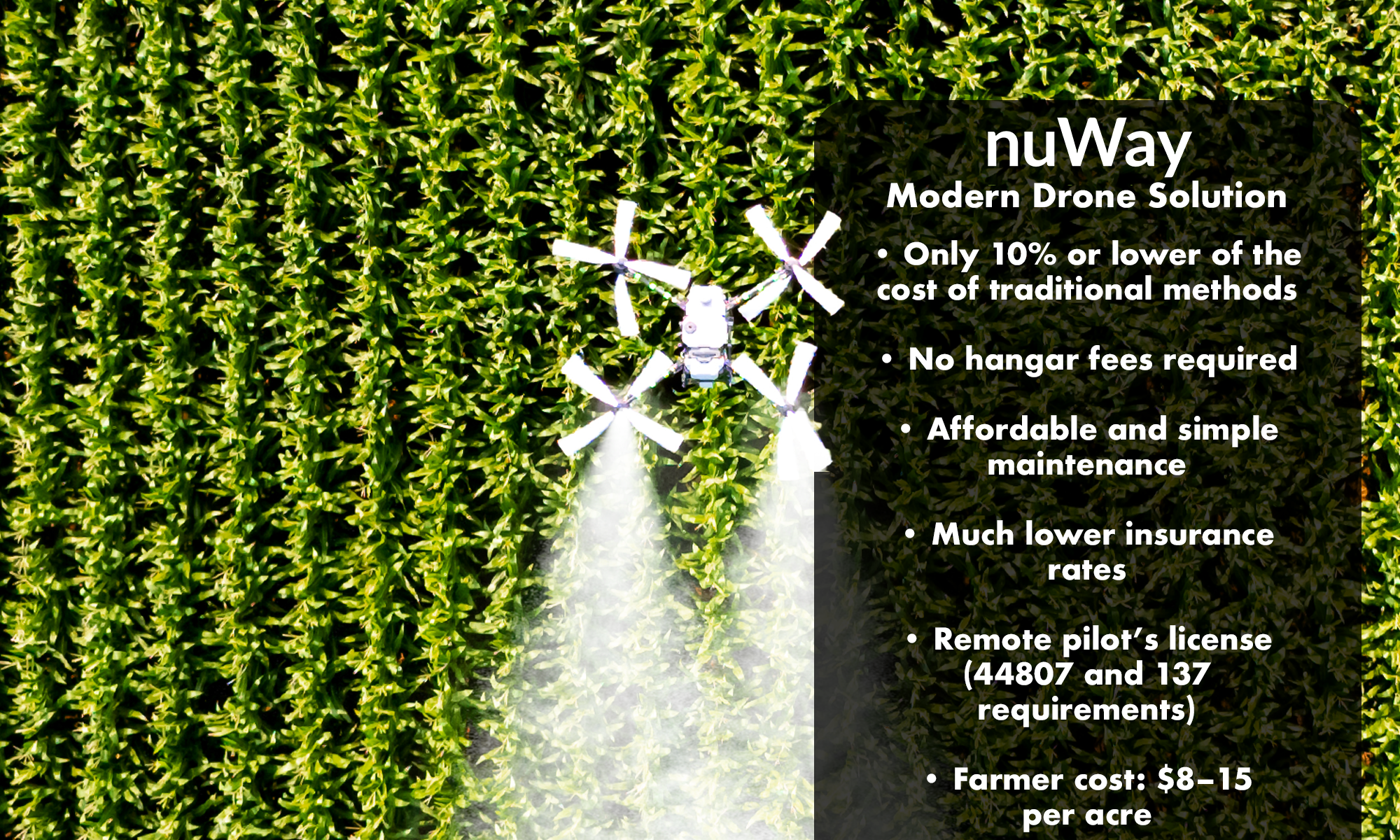
Subscribe on Youtube
View Channel
Want your crop yields and coverage to be higher? Find a spray pilot in Georgia!
More about GA
Areas we serve in GA
Other states we serve
- AL - Alabama
- AZ - Arizona
- AR - Arkansas
- CA - California
- CO - Colorado
- CT - Connecticut
- DE - Delaware
- FL - Florida
- GA - Georgia
- ID - Idaho
- IL - Illinois
- IN - Indiana
- IA - Iowa
- KS - Kansas
- KY - Kentucky
- LA - Louisiana
- ME - Maine
- MD - Maryland
- MA - Massachusetts
- MI - Michigan
- MN - Minnesota
- MS - Mississippi
- MO - Missouri
- MT - Montana
- NE - Nebraska
- NV - Nevada
- NH - New Hampshire
- NJ - New Jersey
- NM - New Mexico
- NY - New York
- NC - North Carolina
- ND - North Dakota
- OH - Ohio
- OK - Oklahoma
- OR - Oregon
- PA - Pennsylvania
- RI - Rhode Island
- SC - South Carolina
- SD - South Dakota
- TN - Tennessee
- TX - Texas
- UT - Utah
- VT - Vermont
- VA - Virginia
- WA - Washington
- WV - West Virginia
- WI - Wisconsin
- WY - Wyoming


